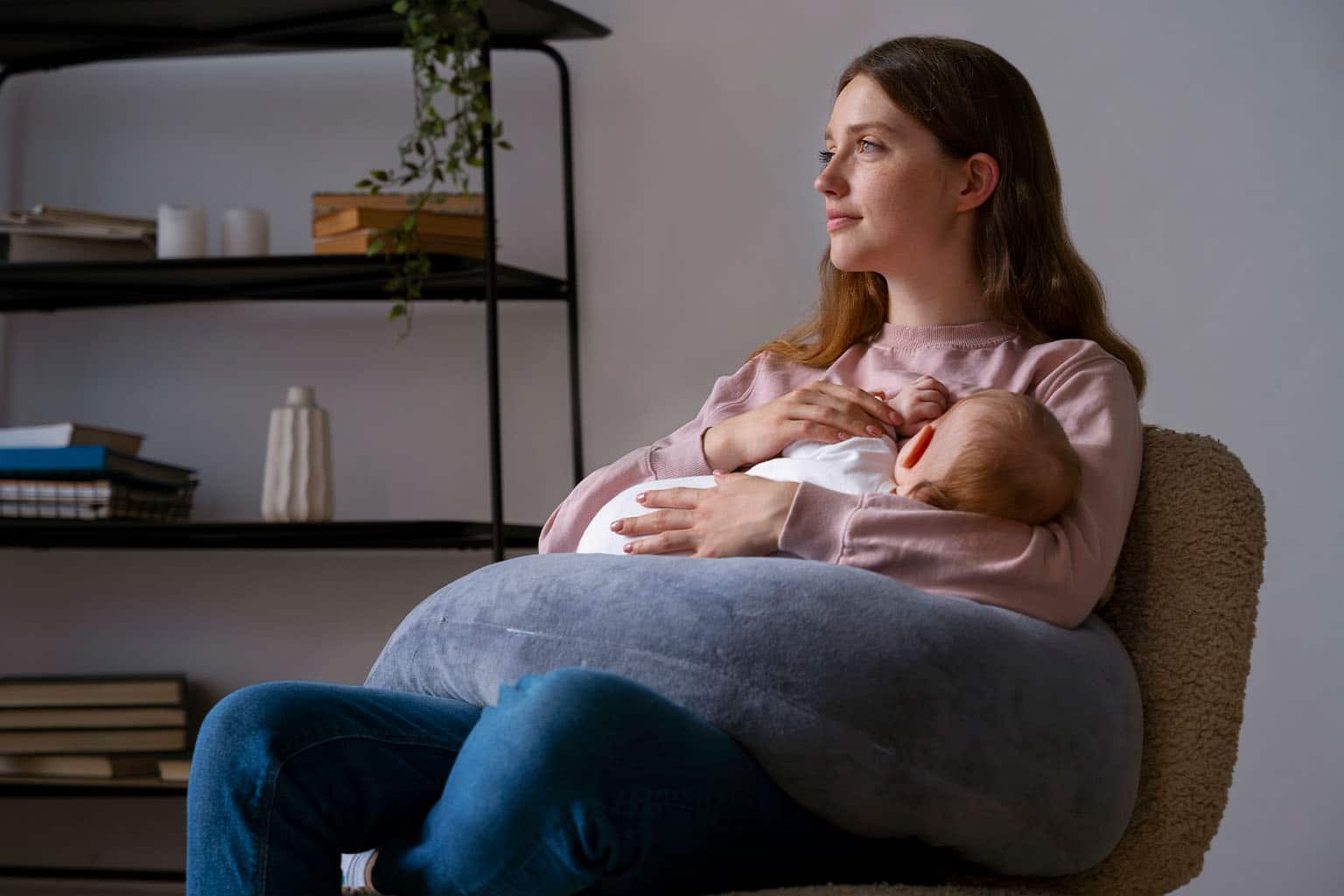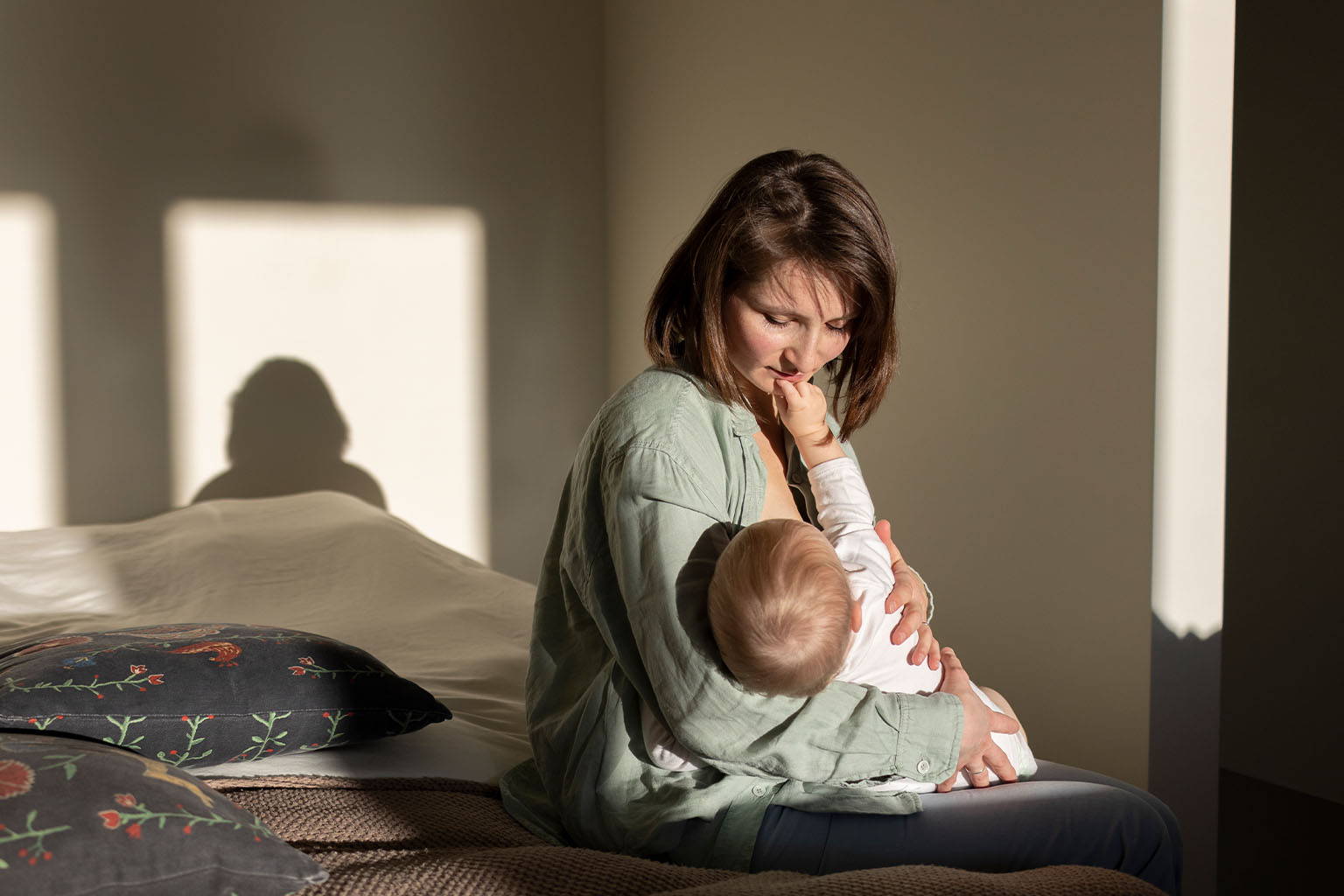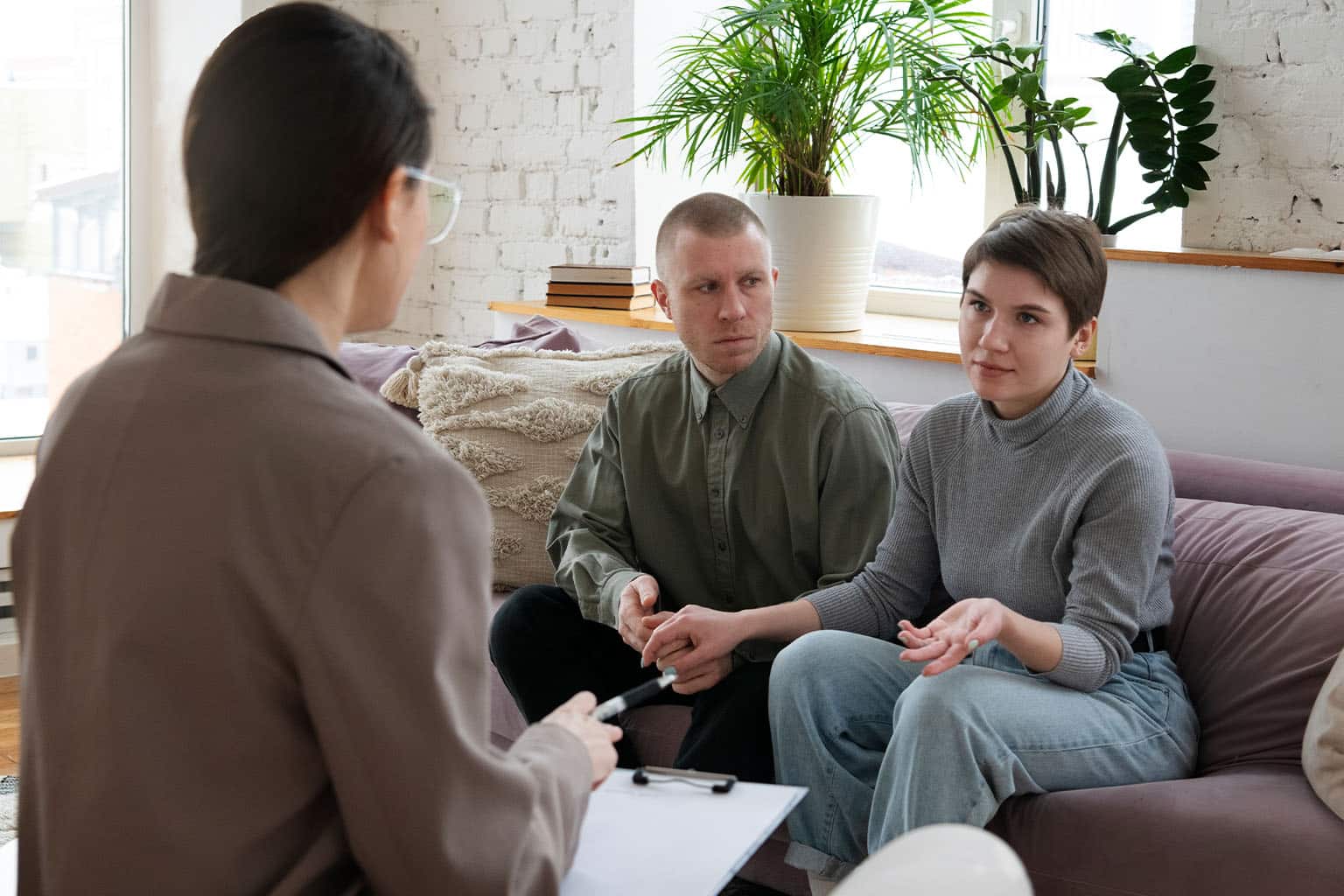Birth Injuries in Ireland: Understanding Emotional Impacts and Support Options
The emotional toll of a birth injury doesn't simply affect the infant; it permeates every part of a family's life. Parents endure feelings of guilt, grief, anxiety, and this is all underlined by difficulties that may arise when trying to connect emotionally with their baby. This trauma isn’t isolated; in Ireland, a considerable number of mothers develop PTSD after vaginal or c-section deliveries. However, amidst these hardships, there's promise. A variety of support options have been steadily gaining recognition across Ireland aiming to ease the emotional burden. Here, we begin to delve deeper.
Emotional support for individuals who have experienced birth injuries in Ireland can be found through a variety of avenues such as partners, friends, family members, midwives, counsellors, general practitioners (GPs), debriefing services at maternity units, peer support groups for birth trauma, and online support groups. Additionally, counselling services and resources are available for those seeking help after a difficult or traumatic birth.
Emotional Impacts of Birth Injuries
When a birth injury occurs, the emotional aftermath can be complex and long-lasting. For parents, the experience can evoke a myriad of emotions: from grief over what could have been, to guilt about not being able to prevent it, or anxiety about the future well-being of their child. These feelings are understandably entwined with the intense desire to bond with their baby, which may become unexpectedly challenging due to the circumstances surrounding the birth injury.
The emotional effects ripple beyond the immediate family and impact the wider support network. Grandparents, siblings, and close friends are often deeply affected by witnessing the pain and trauma experienced by the parents. They might feel helpless, distressed, and uncertain about how to provide meaningful support. This underscores how birth injuries reverberate far beyond the medical aspect, permeating every facet of family relationships and social connexions.
Moreover, when faced with complex medical and legal processes to address the birth injury, parents may find themselves under an immense amount of stress. Navigating healthcare systems, seeking appropriate medical care for their child, and potentially pursuing legal actions further compound their emotional distress.
It's essential to recognise that the impact of a birth injury extends far beyond physical effects. The emotional toll can be profound and enduring, requiring sensitive support and understanding.
In addition to these primary emotions, another layer of frustration arises from the lack of recognition and understanding around birth trauma. Society's general lack of awareness about the emotional trauma associated with childbirth can leave parents feeling isolated in their struggles.
The unspoken nature of this issue can hinder parents from seeking the support they need. This only adds to their sense of frustration and isolation as they navigate this emotionally turbulent journey.
As we delve deeper into understanding these emotional impacts, it becomes apparent that birth injuries give rise to a multi-layered emotional experience that necessitates compassion, support, and understanding from all quarters.
Appreciating the profound emotional toll inflicted by birth injuries underscores the critical need for comprehensive strategies to address this issue. Let's now shift our focus to shedding light on the prevalence of birth trauma in Ireland and its far-reaching implications.
Prevalence of Birth Trauma in Ireland
The prevalence of birth trauma in Ireland is a significant area of concern. According to a study conducted at a Dublin maternity hospital, almost 20% of women experience trauma during birth. This substantial figure sheds light on the challenges faced by mothers during childbirth, with factors such as a history of depression, induction of labour, combined ventouse/forceps birth, and postpartum haemorrhage being associated with traumatic birth.
It's essential to recognise that traumatic birth experiences can have lasting emotional effects on mothers. The same study revealed that about 4% of women went on to develop birth-related post-traumatic stress disorder (PTSD), severely impacting their mental health and overall well-being. These statistics provide valuable insights into the emotional toll that birth trauma can have on women in Ireland, emphasising the need for creating a supportive and understanding environment for affected mothers.
These insights underscore the importance of fostering a more empathetic and supportive healthcare system for women during and after childbirth. By acknowledging the prevalence of these issues, we can work towards developing effective support mechanisms that cater to the emotional needs of mothers who have experienced traumatic childbirth, ensuring they feel heard, validated, and supported as they navigate the emotional aftermath.
By understanding the emotional impacts of birth trauma and recognising the pressing need for support systems, we can now explore the various services available in Ireland to aid mothers in coping with these challenges.
Support Services in Ireland for Birth Trauma
When dealing with the emotional aftermath of a traumatic birth experience, having access to the right support is crucial. In Ireland, several organisations and services are specifically tailored to provide comfort and guidance to individuals and families affected by birth trauma. These support services serve as pillars of strength, helping people navigate the complexities of their experiences and find ways to heal.
AIMS Ireland
AIMS Ireland, short for Association for the Improvement of Maternity Services, plays a significant role in providing support for those affected by birth trauma. They offer debriefing services at maternity units, allowing individuals to discuss their experiences in a safe and supportive environment. This can be particularly helpful as it allows people to process their feelings and gain clarity about what happened during their birth experience.
AIMS Ireland also offers closed online support groups tailored for birth injury survivors and their families. These digital communities provide a platform for individuals to connect with others who have gone through similar experiences, fostering a sense of understanding, empathy, and solidarity. Sharing stories, concerns, and triumphs within these groups often leads to a sense of validation and reassurance that they are not alone on their journey toward healing.

Legal Support from Medical Negligence Solicitors
In addition to emotional support, it is important for individuals affected by birth trauma to understand their legal rights. Seeking professional legal support from medical negligence solicitors who specialise in birth injury cases can provide crucial assistance. These solicitors have specific expertise in navigating the complexities of medical negligence related to childbirth and can offer invaluable guidance throughout the process.
For instance, when working with a medical negligence solicitor, individuals can explore options such as filing a claim for compensation if they believe that negligent care during childbirth led to their traumatic experience or resulted in preventable harm. Legal support is an essential aspect of the journey toward healing, as it empowers individuals to seek accountability for any substandard care they may have received and work towards achieving closure.
By offering a combination of emotional support and legal guidance, these services in Ireland play a pivotal role in helping individuals and families affected by birth trauma navigate their challenges and regain a sense of control over their lives. It's important for those impacted by birth trauma to know that there are resources available to support them through every step of their healing journey.
As we move forward, let's turn our attention to the inspiring narratives of families who have persevered through the adversities of birth trauma and emerged stronger on the other side.
Life After a Birth Trauma: Stories of Families


Imagine a family that has endured birth trauma. The experience was overwhelming and left an indelible mark on their lives. You might wonder how they coped or what helped them move forward after such a challenging time.
This family, like many others, found themselves grappling with a wide range of emotions—guilt, fear, anger, sadness, and feeling lost. But as they navigated through their struggles, they found ways to cope and heal over time. They were surprised by how supportive friends and family members were, even when they didn't know exactly what to say. Just having someone to listen made a world of difference.
One mother shared that it was hard for her to bond with her baby at first because she couldn't shake the feelings of terror and helplessness she experienced during the birth. But with time, patience, and professional support, she gradually began to build that connexion and feel more at peace.
Another family spoke about their journey in seeking help from support groups specially designed for parents coping with birth trauma. Interaction with families going through similar experiences allowed them to share their feelings without reservation in an environment characterised by empathy and understanding.
It's clear that each family's experience is different but sharing their stories allows others in similar situations to feel less alone and more hopeful—one small step towards recovery.
If you've gone through a similar experience, remember that it's okay to seek help and open up about your feelings. Sometimes, talking about your emotions can be the first step towards healing.
Listening to the real-life experiences of these families provides valuable insights into resilience, healing, and the incredible power of support during the difficult path to recovery after birth trauma.
Seeking Help: Counselling, Therapy and Support Groups
Counselling and therapy play pivotal roles in guiding individuals and families through the emotional complexities following a birth injury. Whether it's conversing with a licenced professional or finding solace in a support group, seeking assistance can make a profound difference.
Counselling Services
Licenced counsellors and therapists in Ireland specialise in providing support for individuals and families affected by birth injuries. These professionals are equipped to help navigate the emotional impact of traumatic experiences and can assist in developing coping mechanisms that aid in healing. Additionally, they offer a safe and confidential space to express emotions, process trauma, and work towards recovery.
Therapy Options
It's important for those seeking therapy services to inquire about the types of therapy offered and how they align with their individual needs. Whether it's cognitive-behavioural therapy (CBT), psychotherapy, or other specific techniques, understanding the available options can help individuals make informed decisions about their mental health care.
Public healthcare in Ireland may offer coverage for certain types of therapy or counselling services. It's advisable to explore these options as part of one's comprehensive approach to seeking mental health support.
Some individuals find immense comfort and understanding in peer support groups. These groups provide a sense of community, allowing members to share their experiences, learn from others, and realise that they are not alone in their journey.
Ultimately, seeking help through counselling, therapy or support groups demonstrates strength and resilience. It offers individuals and families the opportunity to confront their emotional challenges, develop effective coping strategies, and begin the journey towards healing and recovery.
As we close the chapter on exploring emotional impacts and avenues for support following birth injuries, we now turn our attention to advocacy and legal support in Ireland.


Advocacy and Legal Support in Ireland
Dealing with the aftermath of a birth injury can be overwhelming, especially when trying to navigate the complex legal landscape. In Ireland, families facing the challenges of birth injuries often find solace in seeking legal support to address the consequences of medical negligence. Medical negligence solicitors who specialise in birth injury cases play a crucial role in providing guidance and representation, ensuring that the rights of affected individuals and their families are protected.
These solicitors serve as advocates, not only representing their clients' interests but also working towards broader systemic change. Their involvement often extends beyond individual cases, as they seek to influence policy changes and improvements in birth injury management and prevention across the country. By advocating for legislative reform and better medical practises, these legal professionals contribute to creating an environment where such injuries can be minimised or prevented altogether.
Consider the case of a family whose child has suffered a preventable birth injury due to medical negligence. Engaging a knowledgeable birth injury solicitor can provide them with a sense of empowerment as they navigate the legal process. These solicitors guide them through every step of the journey, from collecting necessary evidence to building a strong case, ultimately seeking justice and compensation for the harm caused.
Furthermore, the impact of their work goes beyond individual cases. By highlighting systemic issues and pushing for change, these legal experts contribute to shaping a landscape where birth injuries due to medical negligence are increasingly prevented. They collaborate with healthcare institutions and policymakers to implement protocols that prioritise patient safety during childbirth, leading to a higher standard of care for expectant mothers and their newborns.
The involvement of legal professionals in advocating for policy changes and improved medical practises reflects their commitment to not only seek justice for affected families but also prevent similar incidents from occurring in the future.
Navigating the aftermath of birth injuries due to medical negligence is undeniably challenging. However, with the dedicated support of legal professionals, affected families are not only able to pursue justice but also work towards preventing such traumatic incidents in the future.
Get a Consultation Today! - Call us now at 01 5134687
Gary Matthews Solicitors
Medical negligence solicitors, Dublin
We help people every day of the week (weekends and bank holidays included) that have either been injured or harmed as a result of an accident or have suffered from negligence or malpractice.
Contact us at our Dublin office to get started with your claim today

